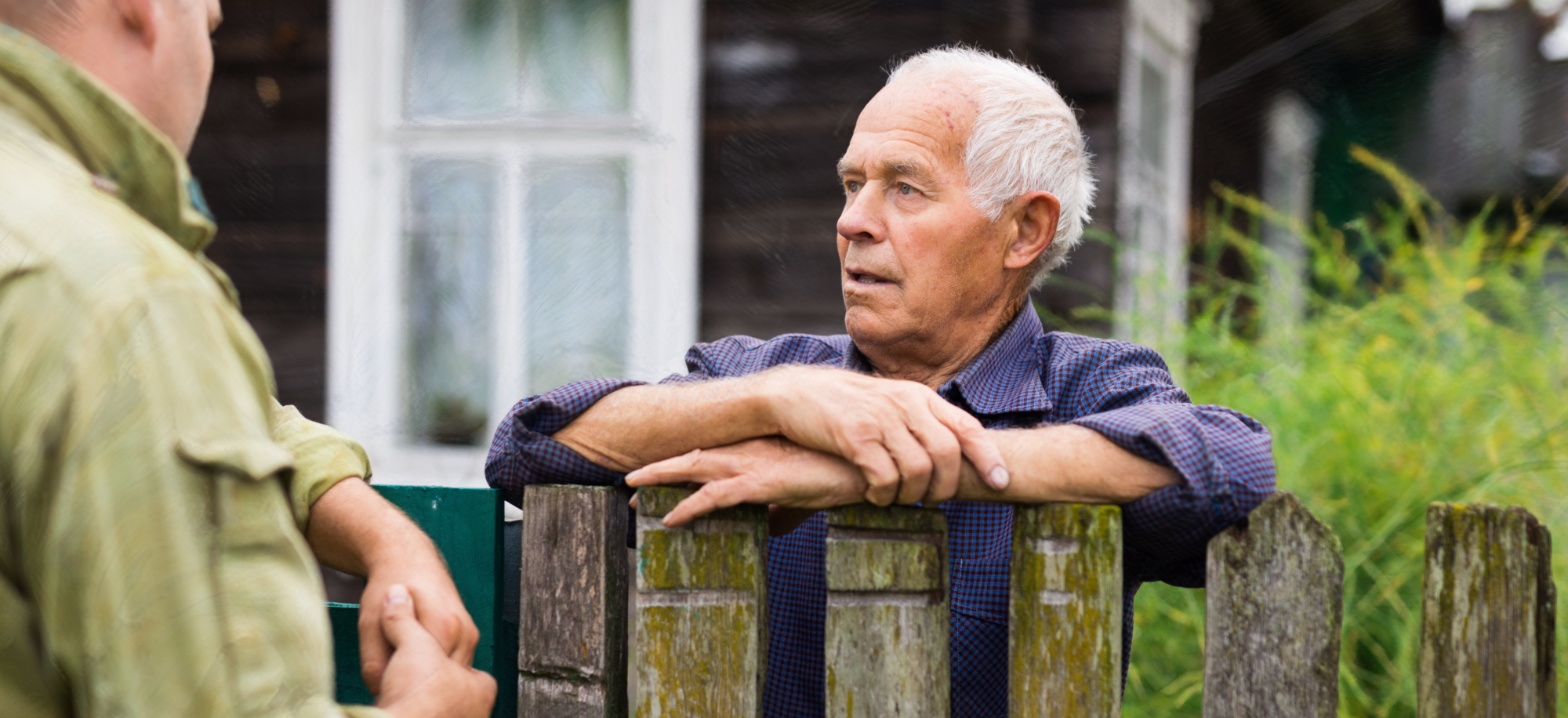Grief in the aftermath of suicide brings a host of complex, confusing, and sometimes conflicting emotions to those who suffer this kind of loss. The resulting feelings and thoughts are layered and interwoven in the grieving process and can recur even after much healing takes place. Sometimes, unexpected events release powerful sadness or stir intense pain. However, knowing reactions are normal under the circumstances and keeping coping strategies ready can help survivors through these periods.
After I lost my beloved husband, I did not feel anger at him though I have since had moments when I wanted to tell him, “We need to talk.” But I did feel a lot of anger at the circumstances. The medical professionals failed us, I thought, and the medications that were supposed to help his depression only made things worse. Was this the truth? In many ways, I believe it was part of the truth due to events that happened. But, as the years went by, I began to understand more about how difficult it is to diagnose and treat people who are suffering from mental health issues.
Medical science has made progress since 2007, when my husband died, in understanding the physical structure of the human brain and in treating many of the problems rooted there. The understanding of thinking processes, however, remains more elusive. The causes of suicidal ideation (the formulation of ideas about ending life) are said to stem from a confusing variety of physical, mental, environmental, genetic, and experience components that interact and affect each other. The question of why one person ends his life while another facing a similar situation does not, goes without an answer currently.
Is anger after suicide loss valid? Yes, like other emotions that threaten to drown out hope, feeling anger is a valid part of the grieving journey. How can we express it safely? And how do we keep it from dominating our lives?
Anger, like guilt, regret, shame, blame, and other issues we face after a suicide, must be examined if we are to understand it at all. We feel how we feel, and it is natural to want an answer to why the suicide happened. That is one of the big questions that haunt survivors. It is tempting to label something or someone in the immediate vicinity as the cause, though that answer negates the complexity involved.
There are many ways to express anger safely. Reflection (writing in a journal or reading and thinking critically about the experiences of others) and seeking the help of professionals (counselors, therapists, psychologists – especially those with experience and knowledge of working with suicide loss survivors) can provide insights as we try to untangle the puzzle of loss. Telling your story among those who understand is one of the first recommended steps to healing. That means talking about anger, too. Safe, nonjudgmental listeners give opportunities for you to empty yourself of the pain you feel a little at a time, setting the stage for the healing of these deep wounds. This takes time. Not everyone will listen. Search for those who will. Support and connection build a bridge to healing.
Physical exertion is another helpful coping strategy as is living in the moment as much as possible. The terrible loss has already taken place. What remains is how to go forward in the way that is healthiest for you. This is a process that takes much time, much effort, much support. It does not come easily. But there is hope that simple things like exercise, drinking water, deep breathing, weeding a garden, or folding laundry, taking in nature, working, or playing with children can play a part in giving you a life in which there is more than pain.
Some puzzles have no satisfactory resolution, and suicide often leaves many questions unanswered. Anger itself is often confusing. We can become angry at ourselves or at everything. The next steps are shame or blame, guilt or bitterness. If we can break that cycle, we can use anger as a “fuel” to motivate healing or as a hedge of protection between us and the world. Grieving and healing are processes that change over time.
In what direction do you want to go?




